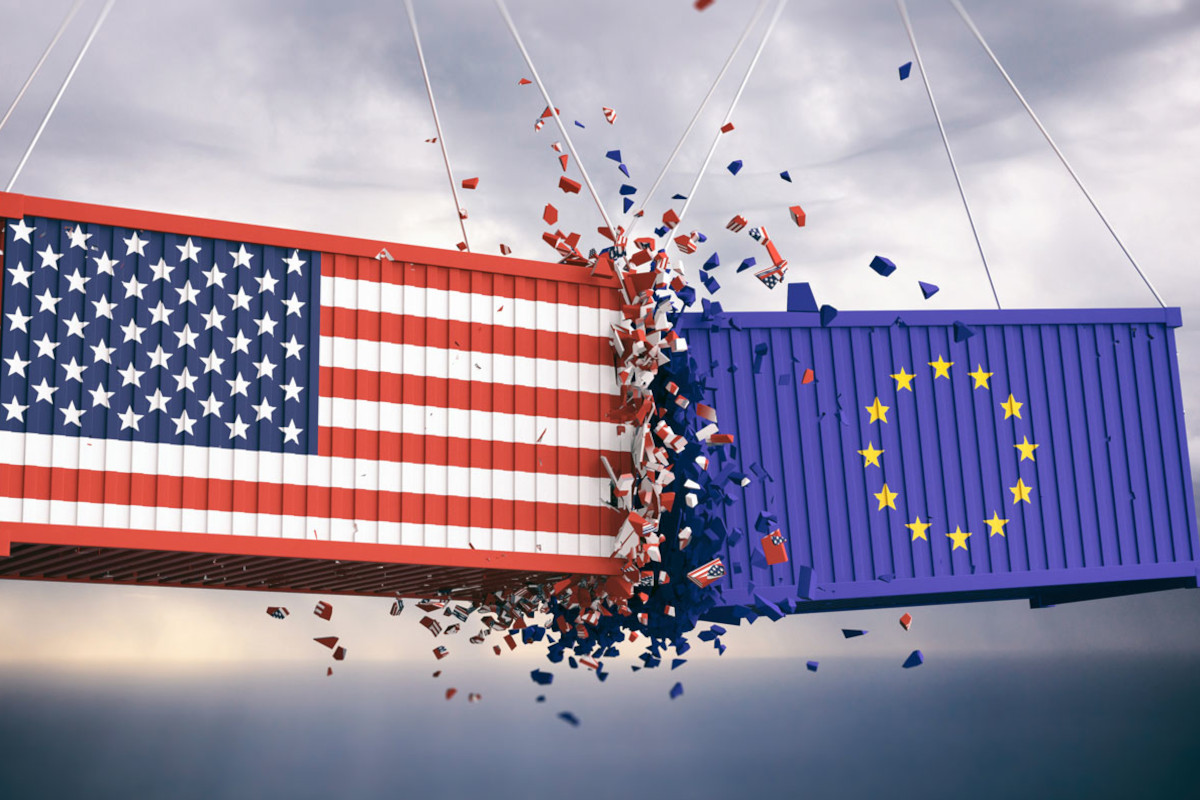
The 30% tariffs on European goods proposed by U.S. President Donald Trump could deal a €2.3bn blow to Italian agri-food exports and impose significant costs on American households, according to estimates from Coldiretti, Italy’s main farmers’ association.
The warning follows Trump’s letter to the European Union. Since August 1, the tariffs, if enacted, would mark a sharp escalation in trade tensions and mirror the approach taken during Trump’s first term, when a similar move triggered a double-digit drop in sales of affected Italian products.
Coldiretti’s forecast suggests that increased costs for U.S. consumers would pressure Italian exporters to lower prices, with recent weeks already seeing discount demands from importers. The resulting slowdown in demand would leave Italian producers with excess stock and limited immediate alternatives, raising the risk of market distortions and counterfeit “Made in Italy” goods—an issue particularly acute in the U.S., the world’s largest source of Italian food imitations.
Italy had aimed to surpass €9 billion in food and wine exports to the U.S. this year, following a record €7.8bn in 2024, according to Coldiretti’s analysis of Istat data. Those ambitions are now under threat.
TARIFFS STACK UP ACROSS KEY ITALIAN EXPORTS
The proposed duties would come on top of existing levies, compounding the pain for flagship Italian export sectors. If implemented, total duties could rise to:
- 45% on cheese
- 35% on wine
- 42% on processed tomatoes
- 36% on filled pasta
- 42% on jams and preserves
These figures, based on Coldiretti projections, underscore the scale of exposure across Italy’s agri-food industry.
BRUSSELS URGES CALM, PREPARES RETALIATION
European Commission President Ursula von der Leyen reiterated the EU’s preference for a negotiated solution but confirmed that Brussels is ready to act if necessary. “We have always been very clear that we prefer a negotiated solution. This remains our position,” she said. “We will extend the suspension of our countermeasures until early August and continue preparing further responses to be fully ready.”
INDUSTRY GROUPS WARN OF STRATEGIC MISCALCULATION
The Italia del Gusto Consortium condemned the tariff proposal as “punitive and strategically short-sighted,” warning that the combined effect of trade barriers and a weaker euro could undermine U.S. market access and drive up consumer prices. “This is not only about Italian exports,” the group said. “Our products are part of an integrated U.S. value chain — from logistics and retail to restaurants and food culture. Disrupting that chain will damage the U.S. economy as well.”
Italia del Gusto urged the EU to act with unity, calling for a “coherent industrial strategy and credible diplomacy. The strength of Made in Italy lies in transparency, innovation, and reliability. That’s the position we must defend.”
FARMERS’ UNION: ITALY SHOULD LEAD EU RESPONSE
Cristiano Fini, President of CIA–Agricoltori Italiani, described Trump’s tariff threat as “unacceptable,” warning of “catastrophic” consequences for the broader food sector. “We need a strong diplomatic effort to avoid undoing years of progress,” Fini said. “Exports to the U.S. have grown 158% over the past decade. The U.S. is now Italy’s second-largest global market for food and wine, accounting for €7.8bn in 2024.” Fini called on the Italian government to take the lead in EU negotiations. “The U.S. represents nearly 12% of Italy’s total agri-food exports—far more than Germany (2.5%), Spain (4.7%), or France (6.7%). We have the most at stake.”
